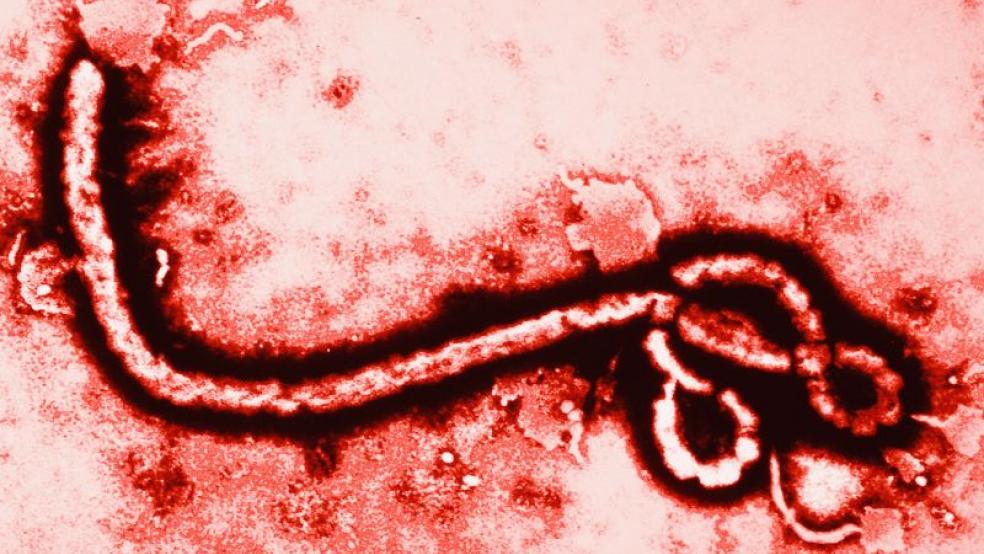Britain's biggest drugmaker GlaxoSmithKline said on Saturday work to develop a vaccine to combat Ebola, which has killed thousands in West Africa, was moving at a rapid pace.
"Development of the vaccine candidate is progressing at an unprecedented rate, with first phase 1 safety trials with the vaccine candidate underway in the USA, UK and Mali, and further trials due to start in the coming weeks," the firm said in a statement posted on its website.
Related: Ebola Czar's First Challenge: Calming the Public
The company said preliminary data from the trials was expected by the end of 2014 and that, if successful, the next phase, involving the vaccination of frontline health care workers in Sierra Leone, Guinea and Liberia, would begin in early 2015.
The worst Ebola outbreak on record has killed more than 4,500 people so far, most in the trio of West African countries.
In August, GSK said the experimental vaccine was being fast-tracked into human studies and it planned to build a stockpile of up to 10,000 doses for emergency deployment, if results were good.
The GSK vaccine consists of a common cold virus, called an adenovirus, engineered to carry two genes of the Ebola virus.
Related: NBC to Cover Ebola Patient's $500,000 Medical Bills
Animal testing has shown that when the adenovirus infects cells the Ebola genes produce harmless proteins that stimulate the immune system to produce antibodies to Ebola.
GSK acquired the vaccine after buying Swiss-based biotech company Okairos for 250 million euros ($319 million) last year.
Responding to public fears after three diagnosed cases in the United States, President Barack Obama urged Americans on Saturday not to give in to "hysteria" about the hemorrhagic fever, which is spread through the blood, sweat or vomit of those infected.
There is no cure or approved vaccine yet for Ebola but several pharmaceutical companies have been working on experimental drugs.




